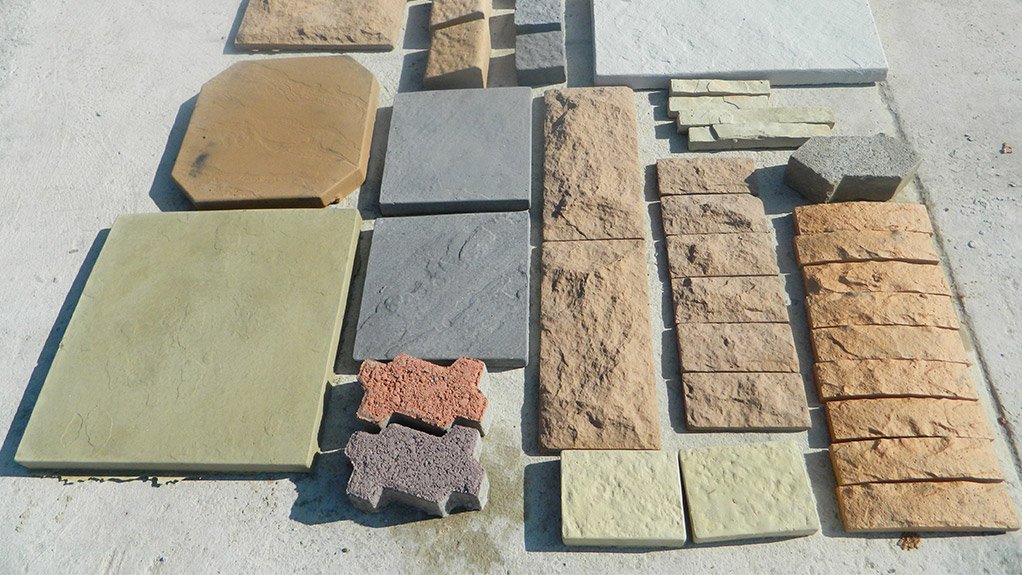
Local construction materials firm Amoriguard
sustainably consumes recycled industrial waste to produce construction products
and paints and, in certain applications, improve the performance of the
products compared with conventionally produced products, says Amoriguard
developer and founder Professor Mulalo
Doyoyo.
The products are designed locally, and the paints
were used to paint the new Mamelodi Mall, in Tshwane, as well as several
developments in the Western Cape. The products do not contain hazardous
chemicals such as formaldehyde, ammonia or volatile organic compounds and are
suitable for use in high-end developments and also for social housing and
development projects.
Maximising the waste incorporated while remaining
cost competitive were critical elements during formulation and all paints have
notably higher solids and dry film thickness than industry norms, requiring
fewer coats to achieve the desired surface and performance.
“We recognise the need to get rid of industrial
waste and continue to develop new products to reuse these wastes, including
paints and products for decorative concrete surfaces,” says Doyoyo.
The reuse of the industrial waste complies with
international waste management protocols, and certain of the company’s current
products have been certified by building materials standards body Agrément, he
says.
Amoriguard co-developer, technical director and
paint chemist Ryan Purchase explains
that developers operating in the Gap housing market have been positive about
the paints and recognise the benefits and advantages of using them. Several are
busy on existing contracts, but have committed to trying or using Amoriguard on
their next projects.
Current products are focused on painting,
waterproofing and decorating buildings.
The Amoriguard business concept involves replacing
significant percentages of traditional paint raw materials with various
recycled materials to produce coatings with performance properties as good as,
or better than, traditional coatings in the market, he explains.
“All the recycled materials that we use are
processed wastes, which means third parties refine or process the raw waste to
ensure consistent products with very low batch variance.”
Doyoyo says there is potential to establish
production plants in new areas, including in other African countries where
there are suitable waste resources, which can help to use their waste.
Transport costs are significant in South Africa and
will be a driving factor to opening manufacturing facilities closer to waste
sources and final markets.
Amoriguard has developed a roof paint that is being
tested according to QUV accelerated-weather testing methods, which involve
alternating cycles of ultraviolet (UV) light and moisture at controlled,
elevated temperatures to simulate sunlight, using special fluorescent UV lamps,
dew and rain for more than 6 000 hours, says Purchase.
“Owing to the fine texture of the waste
ingredients, they are suited for use in cement tiles, but can also be used on
sheeting. We are finalising a basic colour range and will consider launching before
midyear.”
The filler product is suitable for repairing cracks and other imperfections in building plaster work and contains 30% recycled materials. The grey filler blends in with grey plaster and does not show through the painted surface to the degree that a white filler does, concludes Purchase. http://www.engineeringnews.co.za/article/local-industrial-waste-made-into-paints-2019-03-22


